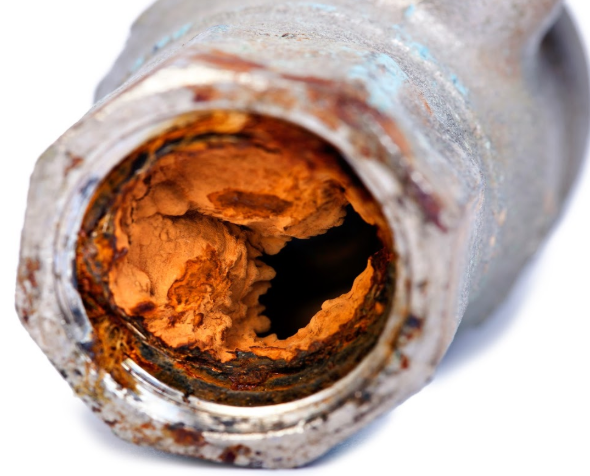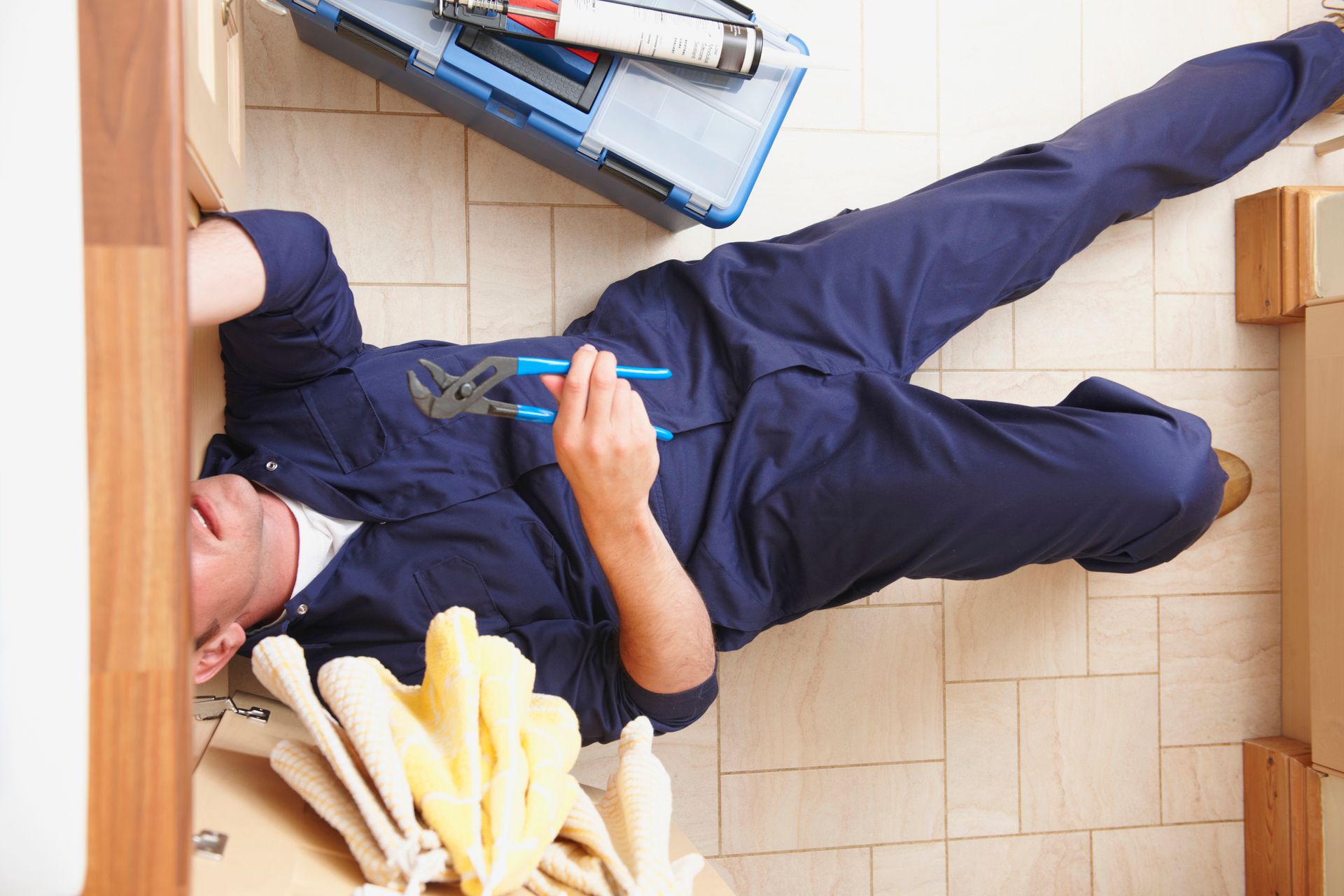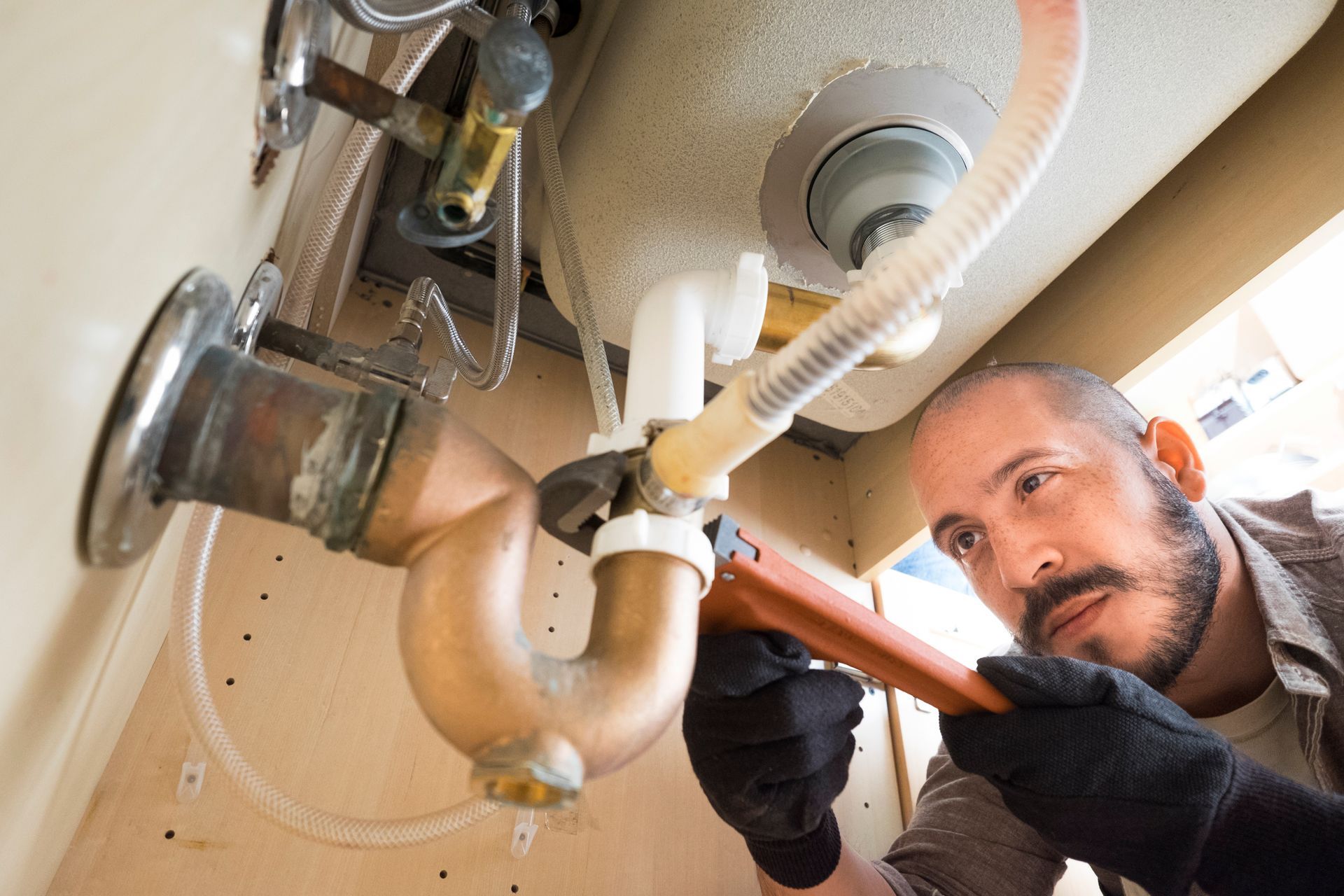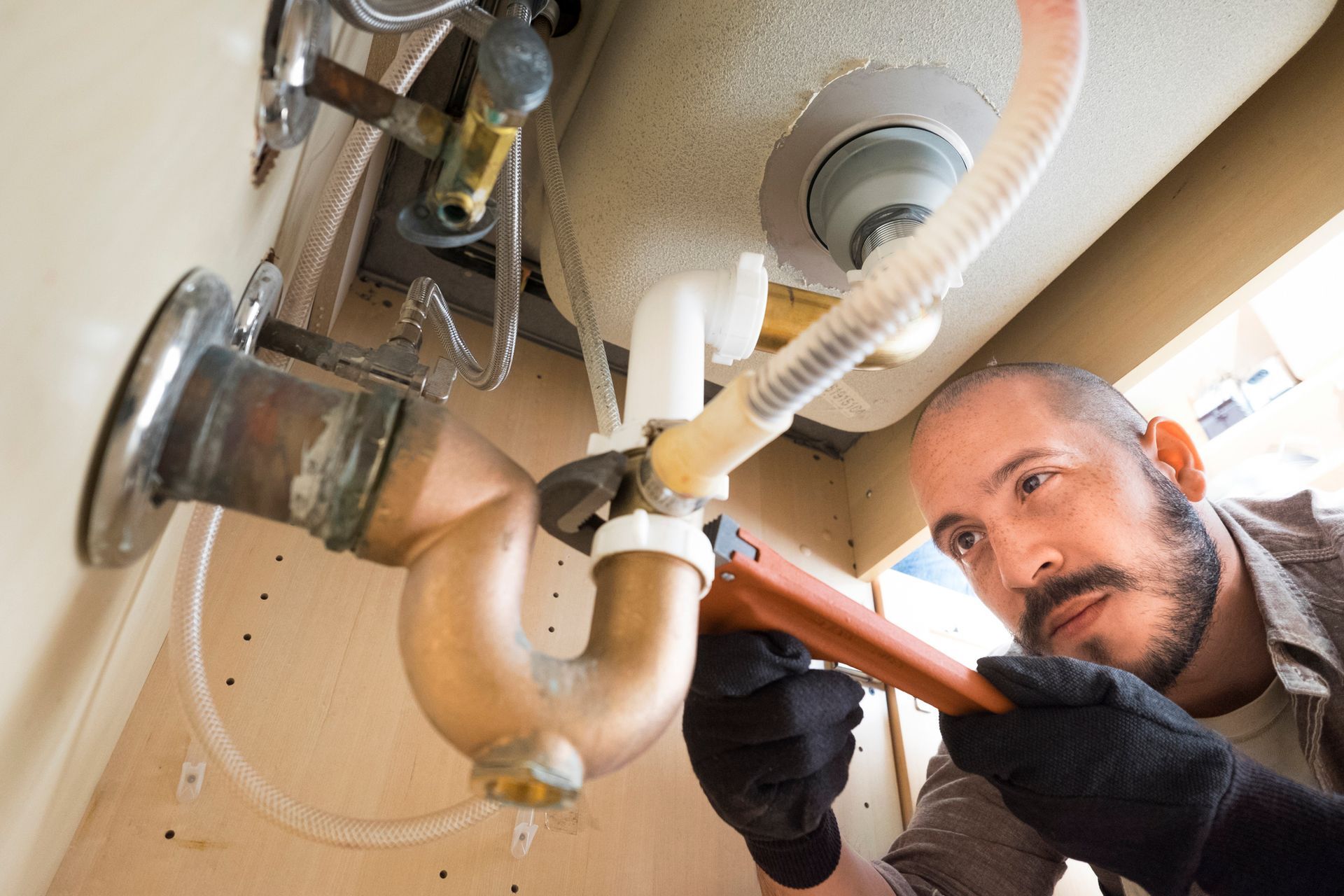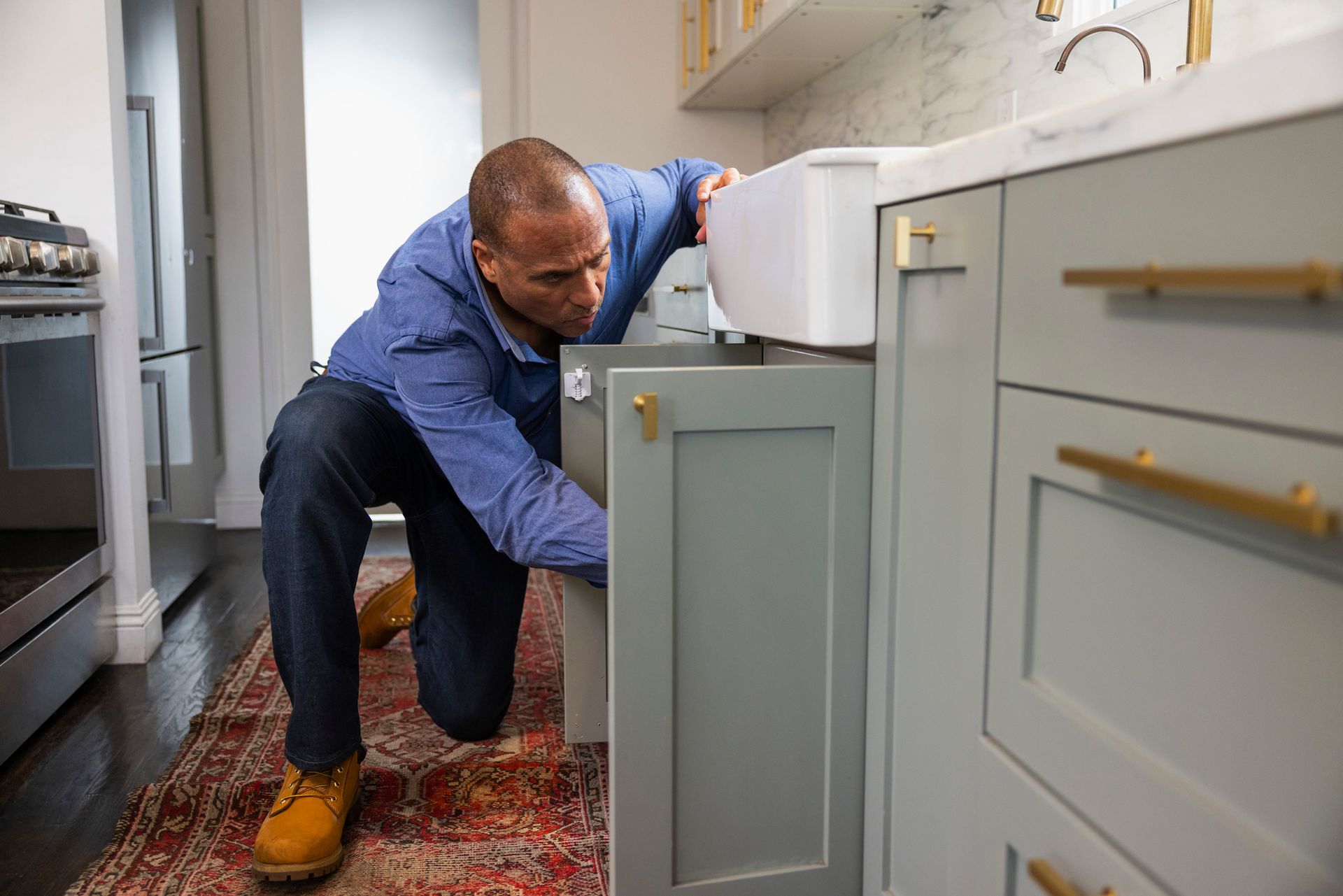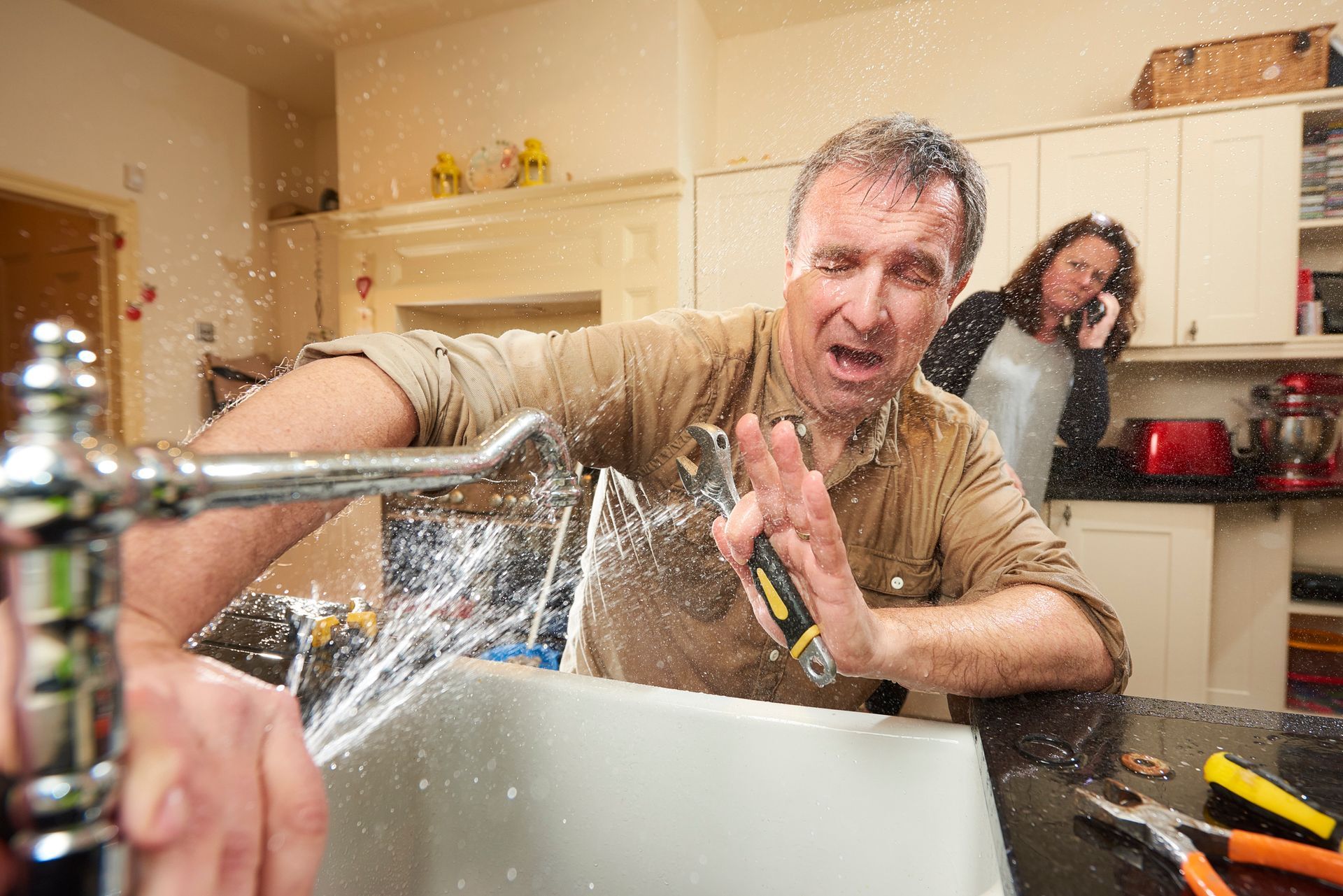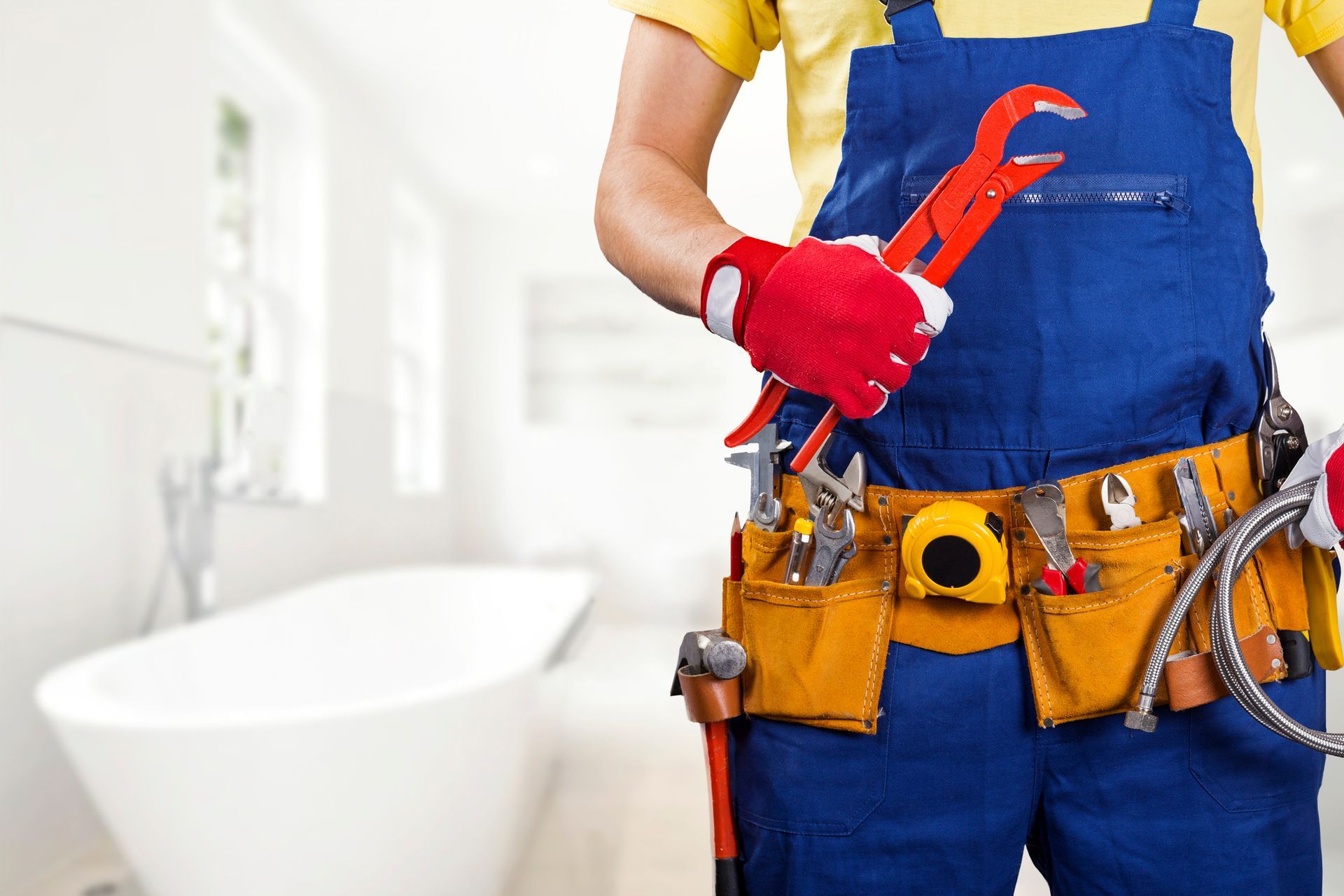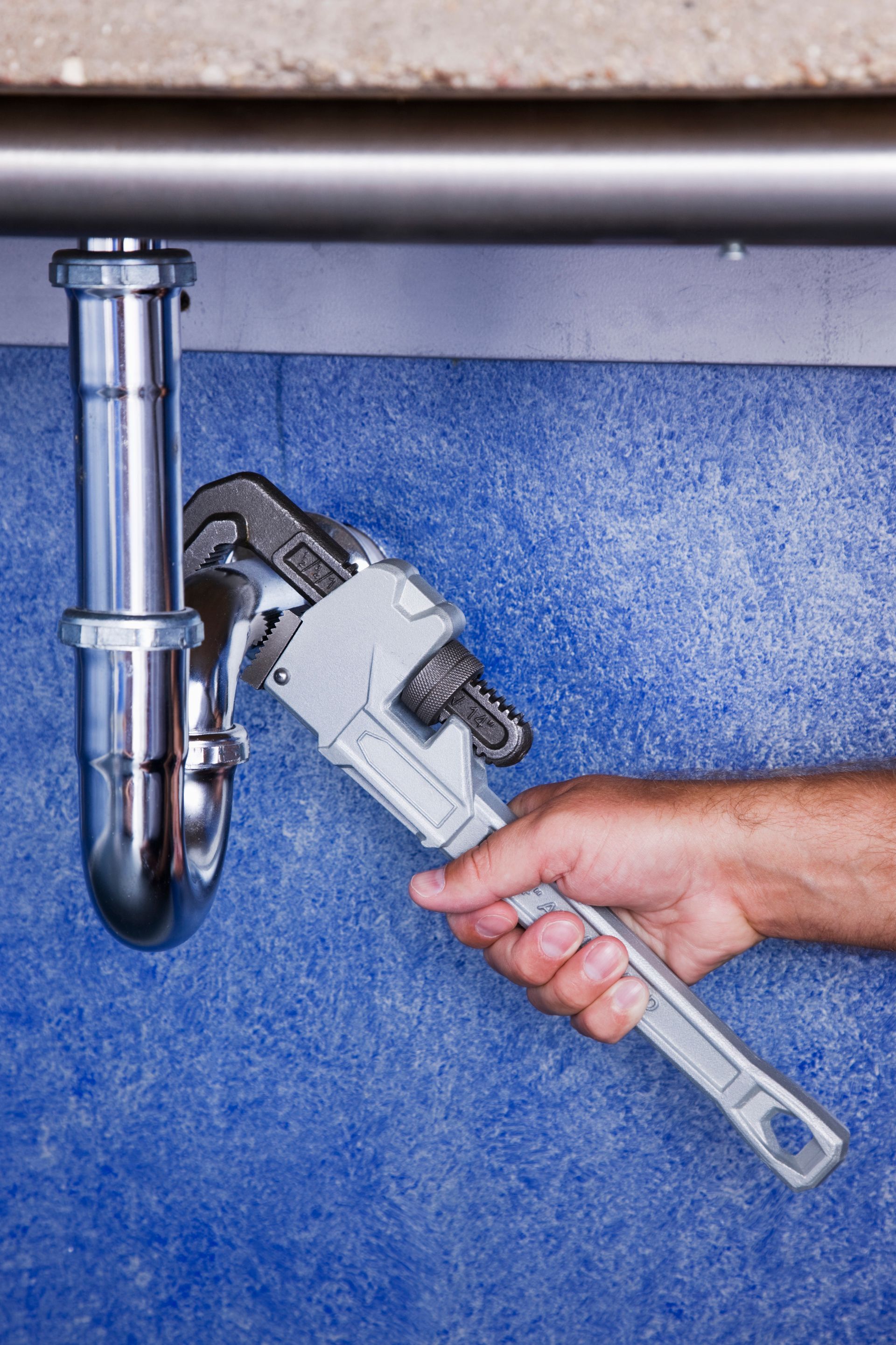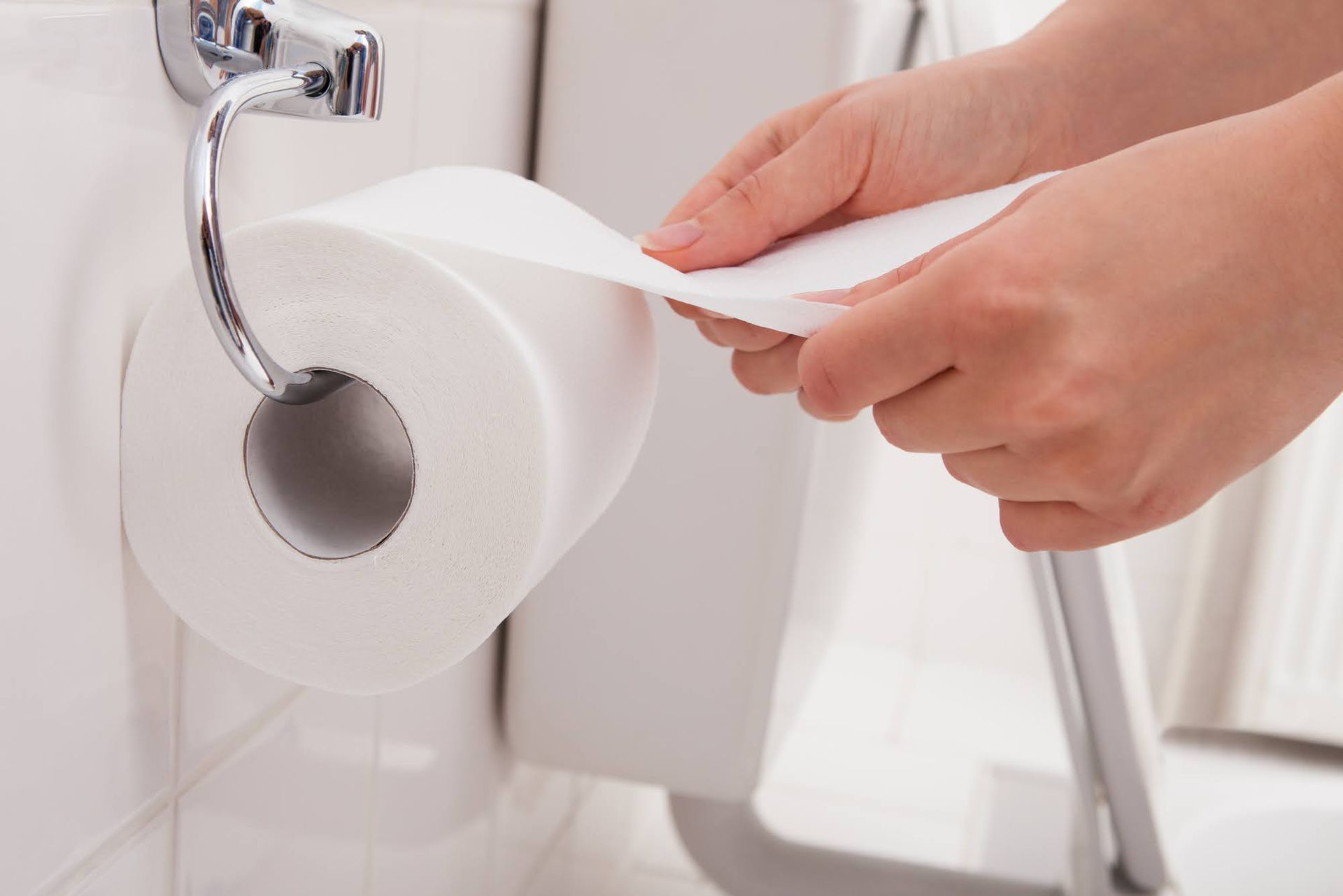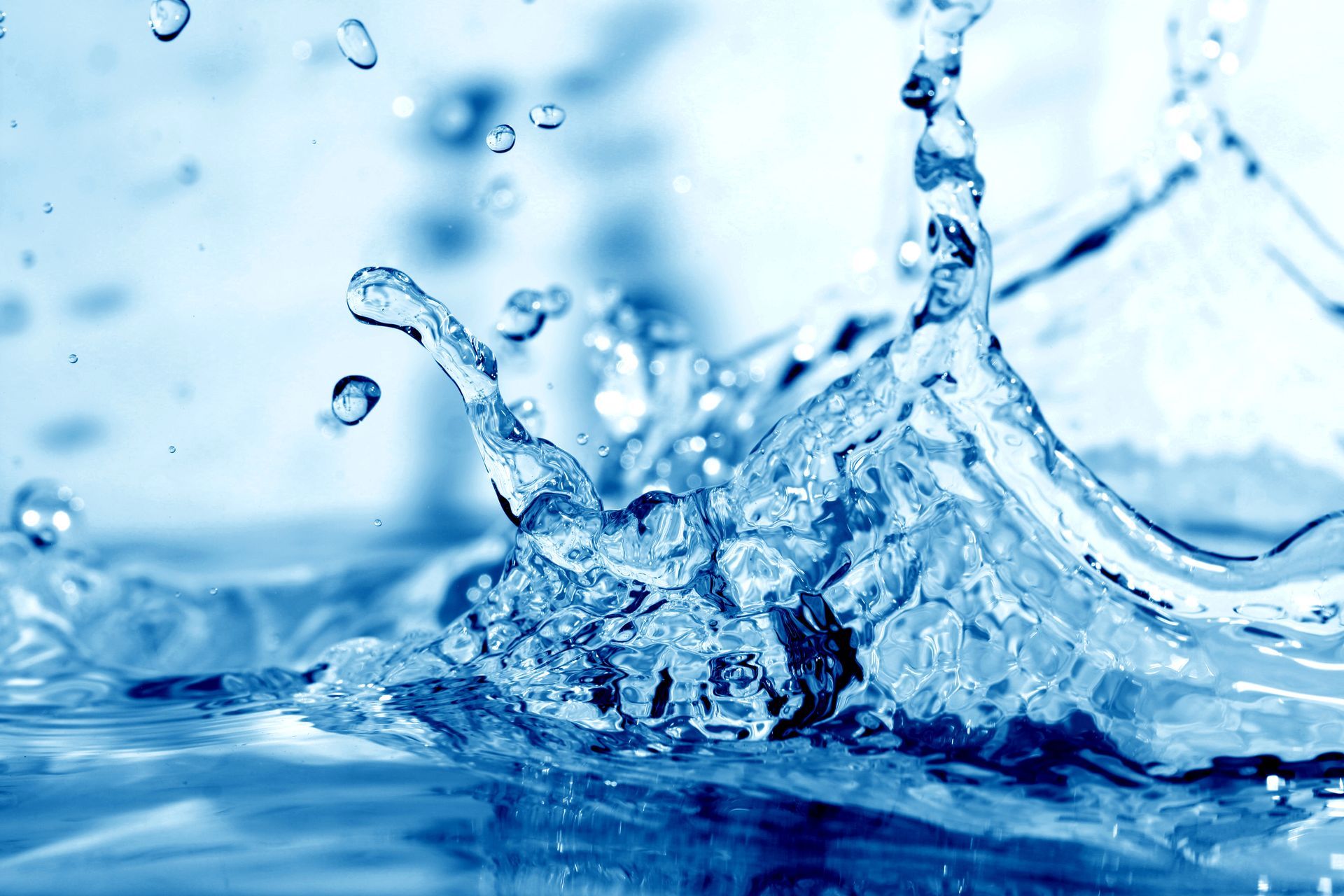Blog
Why Is Your Water Rusty?
Turning on the tap and seeing rusty water may be a little frightening. Thankfully, rust does not present an immediate risk to your health as do other contaminants like lead. The rust might stain your clothing and sinks, and it won't taste good, but it should not make you ill.
Still, rusty water is a sign that something is amiss with your plumbing. Either your water heater is beginning to show signs of wear or your galvanized pipes are deteriorating. Neither of these problems is an outright emergency, but they do need to be dealt with swiftly. Here are some tips to help you determine which problem is to blame and address it properly.
Damaged Water Heater
To tell whether the rust is coming from your water heater, turn on your cold water tap after you have not run the water in a few hours. Repeat this test a few times over the next few days. If you never notice any rust in the cold water, but you do see it in hot water, then the rust is probably coming from the hot water tank and not from your pipes.
Water tanks are made to resist rusting, but the anti-rust components can fail as the heater ages, causing the tank to rust from the inside out. If your water heater is otherwise in good shape, you may be able to temporarily address the issue by having your plumber flush and clean the tank. This won't keep new rust from forming, however, so you will have to repeat the process again in a few months.
If the water heater is showing other signs of failure, such as leaky valves or improper temperature control, you're probably best off replacing it right away. Eventually, the rust will eat its way through the tank and cause a serious leak.
Deteriorating Galvanized Pipes
If even your cold water is rusty, then you probably have galvanized steel pipes that have begun to rust. Galvanized pipes are no longer used in new builds, but they were very common in older homes. The zinc coating inside the pipes eventually wears away, and then the pipes start rusting.
As your steel pipes get rustier, you'll start to notice reduced water pressure and perhaps a few small leaks. You’ll need to have the pipes replaced before the rust becomes this severe. Your plumber can use copper or PVC pipes in place of your old steel pipes. Copper pipes are very durable, and they will not rust like steel pipes do. PVC pipes are a good choice if you have acidic water, which may corrode copper pipes.
Having your home re-piped is a major endeavor. Start by getting estimates from several plumbers and by considering when you can afford to be without water in your home for at least a few days. You may need to stay at a friend's house or a hotel since your home won't have running water during installation.
Your plumbers will do their best to limit damage to your home, but they may need to cut through the drywall in several locations in order to replace the rusted pipes. If you are considering remodeling your home, remodel and have it re-piped at the same time.
If your water looks a bit rusty, do not ignore this sign of trouble. A rusty water heater needs replacement before it starts leaking, and rusty pipes will lead to reduced water pressure if left alone. Contact Complete Plumbing if you're dealing with rust in your water. We can help you get to the bottom of the issue and perform the needed repairs.
Installation
Services
and Military Discount



